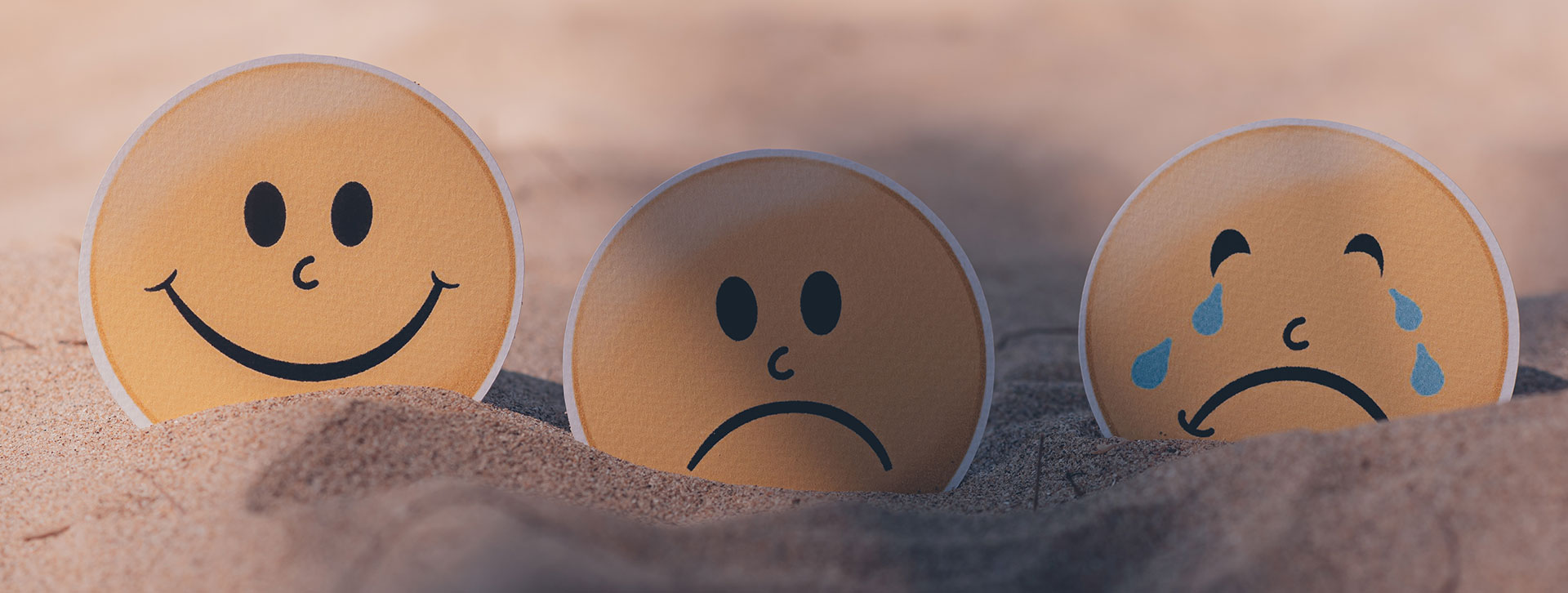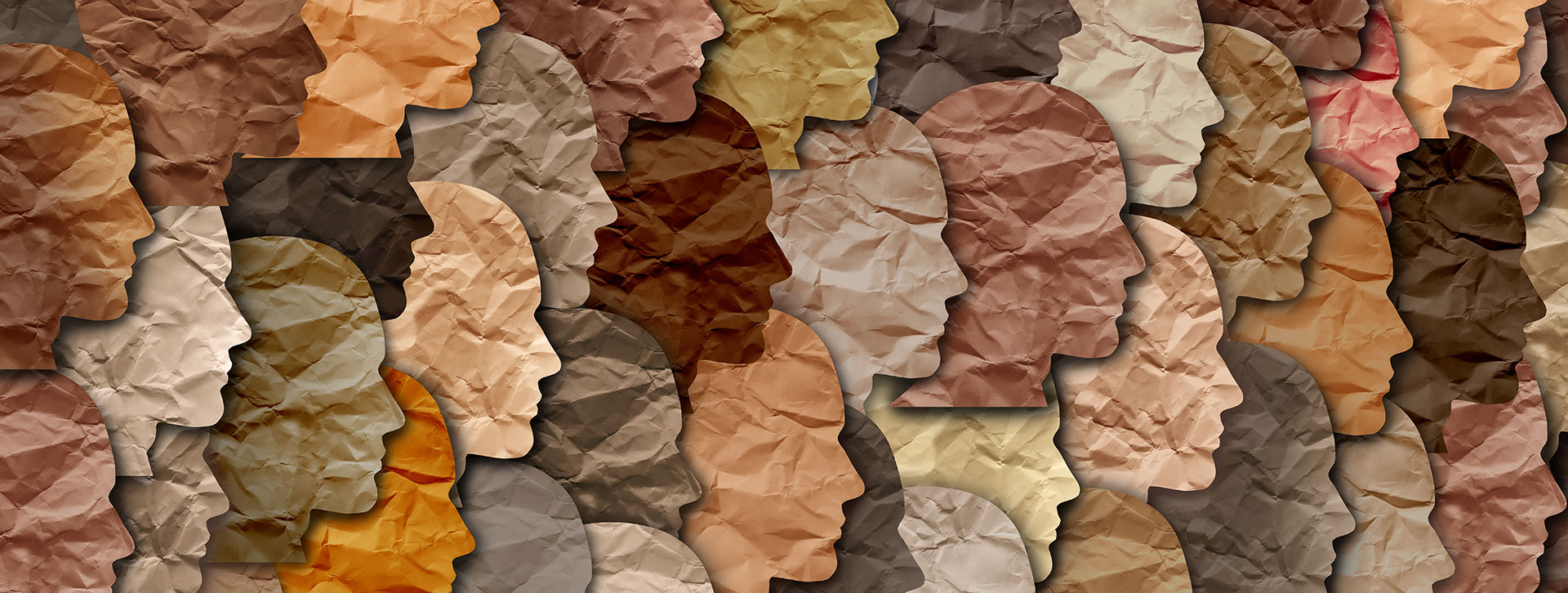In today’s fast-paced world, the need for immediate and effective crisis intervention, especially in mental health, has never been more critical. Mobile crisis response teams have emerged as a beacon of hope and support for individuals in distress. Let’s explores why mobile crisis response in real time is so effective and how it’s reshaping the landscape of crisis intervention.
Continue reading “Mobile Crisis Response: Why It Works So Well in Real Time”
 Blog
Blog








